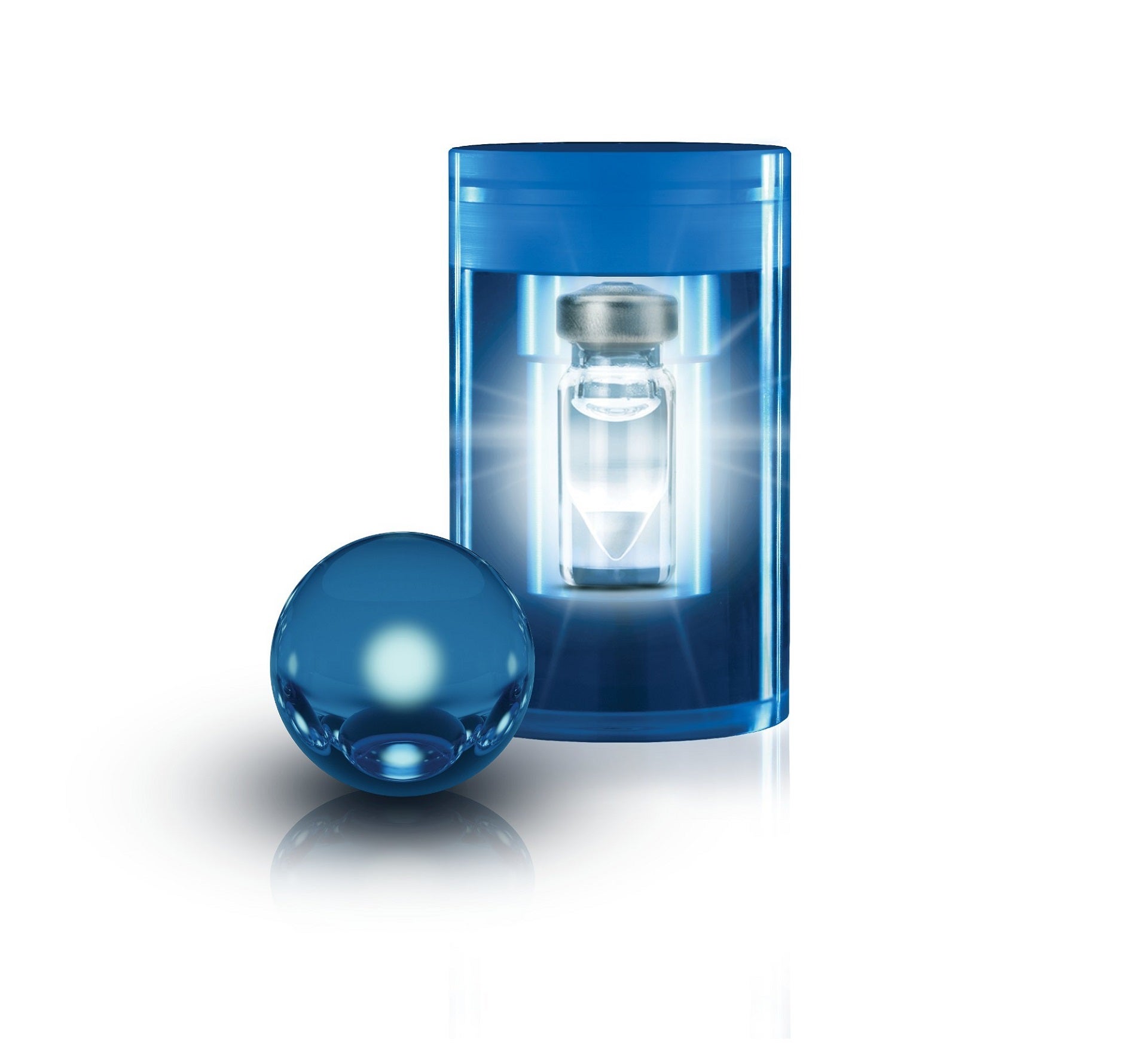
The US Food and Drug Administration (FDA) has granted approval to Boston Scientific’s TheraSphere Y-90 Glass Microspheres technology to treat patients with hepatocellular carcinoma (HCC).
HCC is the most common type of primary liver cancer and is often treated through surgery, liver transplantation, chemotherapy or embolisation.

Discover B2B Marketing That Performs
Combine business intelligence and editorial excellence to reach engaged professionals across 36 leading media platforms.
The new treatment includes millions of microscopic glass beads with radioactive yttrium (Y-90).
Catheters are used to deliver the beads directly to liver tumours, reducing exposure to surrounding healthy tissue.
Boston Scientific stated that hospitalisation is not required for the TheraSphere treatment. It is typically performed as an outpatient procedure in less than an hour.
The FDA approval will expand access to this treatment, which has been used under a humanitarian device exemption (HDE), an FDA classification that required institutional review board approval, as well as restricted the patient number treated with the therapy annually.

US Tariffs are shifting - will you react or anticipate?
Don’t let policy changes catch you off guard. Stay proactive with real-time data and expert analysis.
By GlobalDataAccording to Boston Scientific, TheraSphere is now the only radioembolisation technology recommended for unresectable HCC treatment in the US.
Boston Scientific interventional oncology, peripheral interventions president Peter Pattison said: “The FDA approval and the recent NICE recommendation will expand access to TheraSphere, which has demonstrated improvement in both survivability and quality of life through 20 years of clinical trials and real-world outcomes in the more than 70,000 patients globally.
“We expect to continue to focus our efforts on bringing this treatment to more patients, both by planning a randomised trial to study the combination of TheraSphere and immunotherapy in patients with HCC not eligible for curative treatments, as well as further investigating the therapy for different cancer segments, including prostate and brain.”
Approval for this treatment was based on the findings obtained from the LEGACY study, which evaluated its safety and efficacy for treating early and advanced HCC.
In the study, TheraSphere has met both primary endpoints of objective response rate and duration of response rate and the results showed 100% complete or partial patient response up to two TheraSphere treatments.
It also showed a 93% overall survival rate in patients with transplant or resection following treatment at three years.





